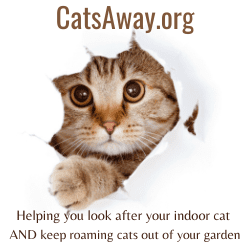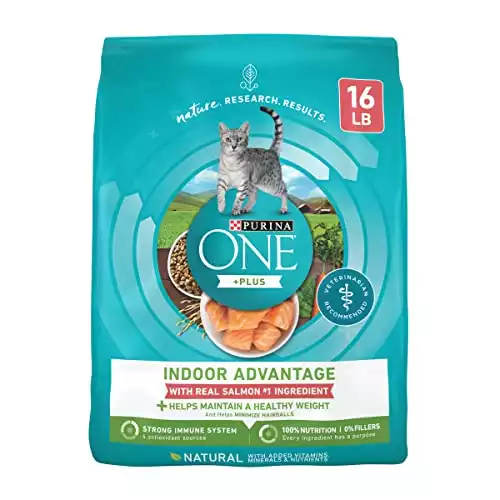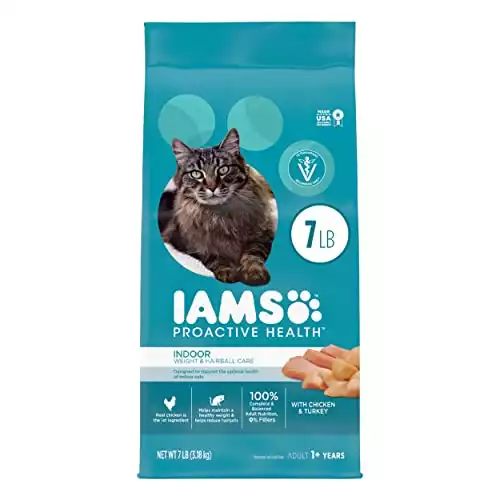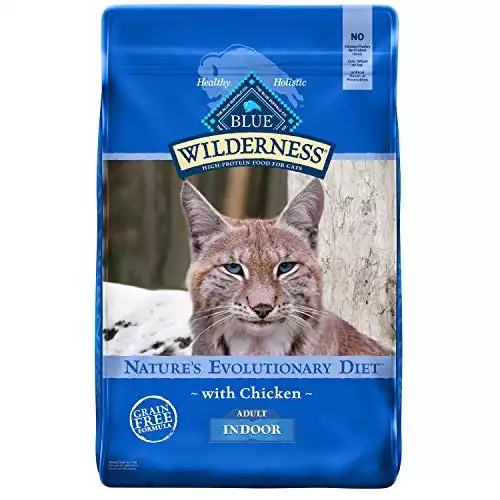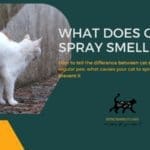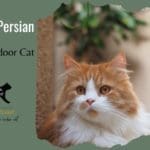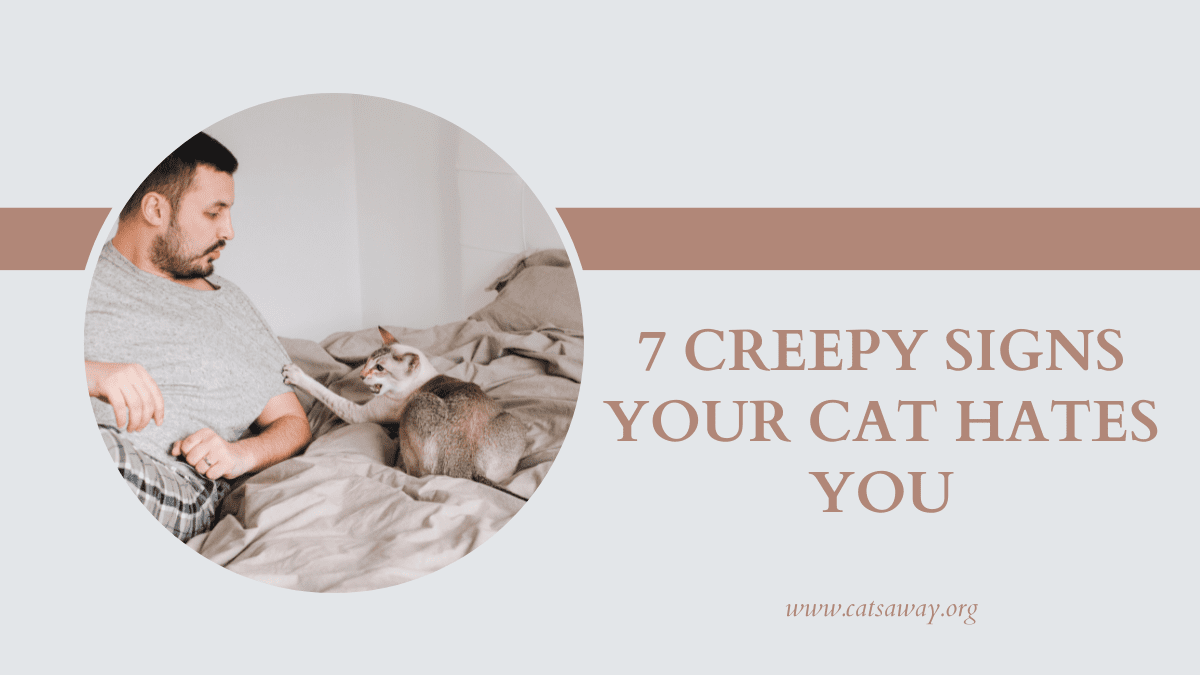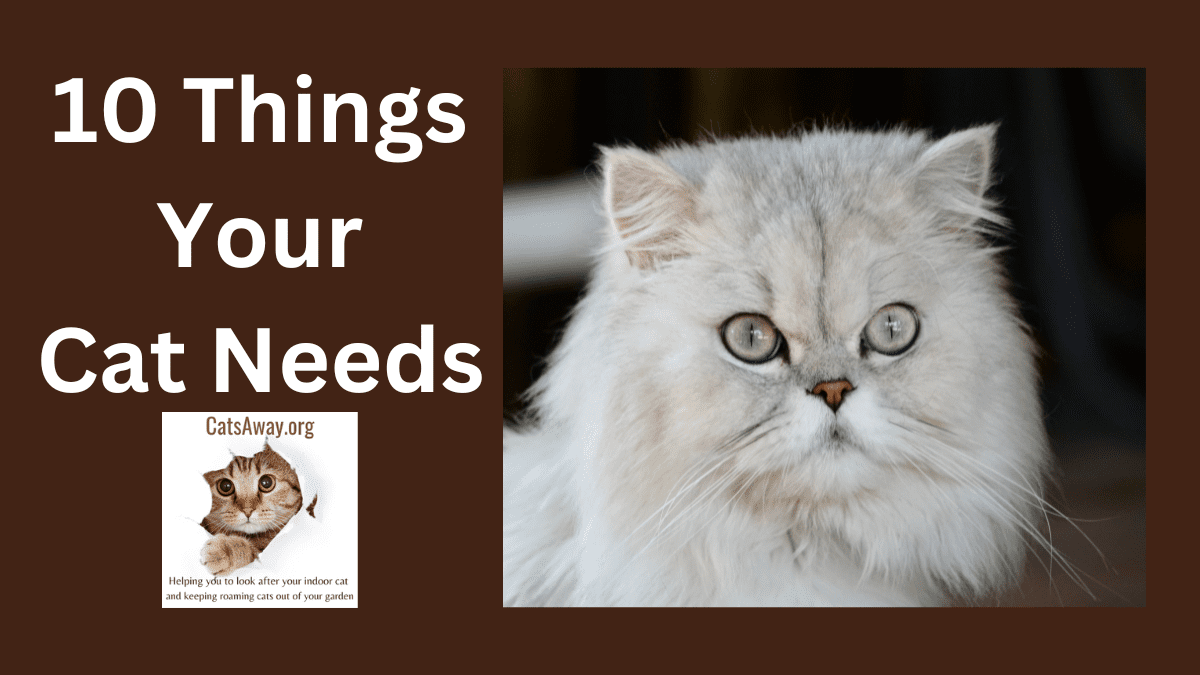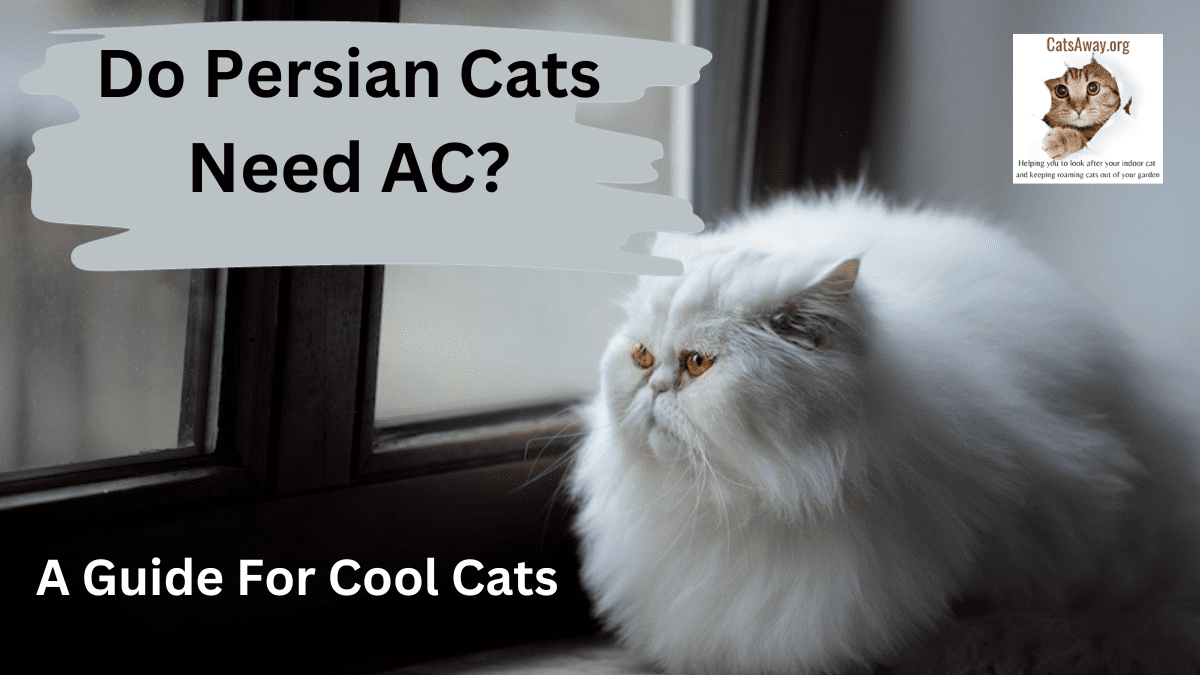As a cat owner, you might be wondering about the difference between indoor and outdoor cat food. It’s important to provide the right nutrition for your indoor cat and in this article we will discuss the main differences between both cat foods, such as calorie and protein content.
We’ll also explore the nutritional requirements of both outdoor cats and your indoor cat and help you determine the best feeding options to give your cat the nutrients they need for a healthy and happy life.
Nutritional Needs
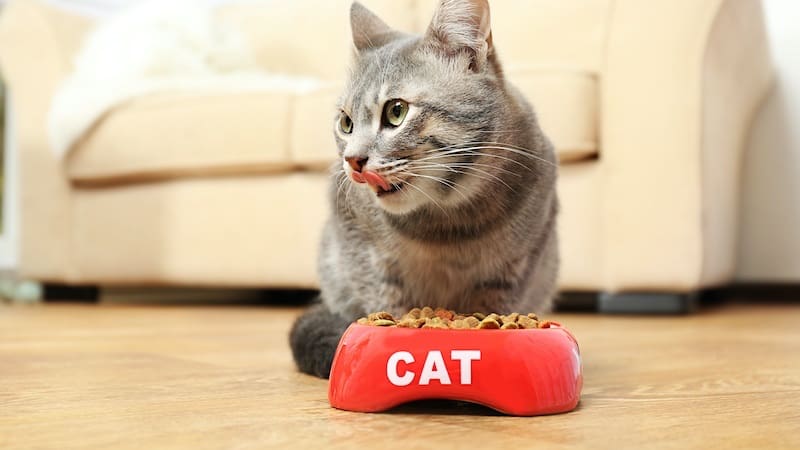
The different lifestyles of indoor and outdoor cats can impact their energy levels, health maintenance needs, and caloric requirements. To provide suitable nutrition, as cat owners it’s essential to understand the specific needs of each type of cat.
Indoor Cat’s Diet
Unless you have one of the exceptionally active indoor cat breeds such as the Devon Rex, your house cat will typically lead a much more laid back lifestyle compared to their outdoor counterparts. As a result, they should require less calories to maintain a healthy weight.
High-quality ingredients and diets formulated for indoor cats are designed to suit their caloric needs and include additional hairball controlling features, such as higher fiber content.
Moreover, an indoor cat may be more prone to dehydration, as they don’t have access to outdoor puddles and other natural water sources. To help with this, it’s a good idea to provide a mix of wet and dry cat food for your indoor cat.
Wet cat food can help supply some of the necessary hydration and ensure a balanced diet for their specific needs.
Outdoor Cats Diet
Outdoor cats are generally more active and have greater energy needs compared to an indoor cat. This fact makes it crucial to provide them with food that contains higher calorie content, as they burn more energy.
While the basic nutritional requirements for both indoor and outdoor cats are similar, outdoor cats always experience additional health risks and maintenance needs, such as dealing with parasites, infections, or battle injuries.
Providing them with a diet that supports their immunity is essential for overall health.
Regardless of their living situation, all cats have different nutritional needs at different stages of their lives: kittens, adults, and finally seniors. Ensure that you’re feeding your cat a specially formulated diet for their specific life stage to meet their needs and maintain their well-being.
Key Ingredients
Protein Sources
Cat food for both an indoor and an outdoor feline require high amounts of protein for a balanced diet. The primary difference lies in the quantity needed due to different activity levels of the cats.
Outdoor cats usually require food with more protein content, as it provides them with the energy they need for exertion during their daily activities and hunting. Your indoor cat will also benefit from high protein diets, but he will likely require a slightly lower protein content compared to outdoor cats.
High-quality protein sources for cat food include chicken, turkey, fish, beef, and eggs. When choosing your cat food, it is vital to pick a product with a high percentage of animal or fish protein ingredients. For instance, Essence Recipes for cats contain at least 86% animal or fish protein ingredients.
Fats and Carbohydrates
Both indoor and outdoor cat foods require fats and carbohydrates to provide energy and support overall health. The primary difference between the two types of cat foods may be the calorie density.
Indoor cat food often has fewer calories per serving to accommodate the reduced activity levels of indoor cats and help maintain their weight at a healthy level.
Outdoor cat food, on the other hand, might contain higher calories and fat content to compensate for the increased energy they burn during their outdoor activities.
Carbohydrates such as fiber are essential for cats as well. Fiber helps maintain digestive health and can be found in ingredients like whole grains, fruits, and vegetables. In general, it is crucial to choose cat foods with a balanced blend of proteins, fats, and carbohydrates appropriate for the specific needs of either indoor or outdoor cats.
Vitamins and Minerals
Both indoor and outdoor cats require a mix of vitamins and minerals to support overall health and bodily functions. These essential nutrients are crucial for maintaining a healthy immune system, supporting growth and development, contributing to eye health, maintaining healthy skin and fur, and more.
The required level of vitamins and minerals will vary dependent on the cat’s life stage, as well as whether it’s an indoor or outdoor cat.
Vitamins and minerals can be found in cat food ingredients such as animal livers, fish, eggs, and supplements like taurine. When selecting an indoor or outdoor cat food, it is crucial to check the nutritional content by examining the “Guaranteed Analysis” on the label.
This lists the nutrients present in the cat food, ensuring it meets your cat’s specific needs.
In conclusion, the key ingredients in both types of cat food may be similar in type, but may differ in quantity and concentration to suit the specific needs of the cats.
As a cat owner, it is essential to understand these differences and select a cat food that caters to your cat’s lifestyle and overall nutritional requirements.
Calorie Requirements
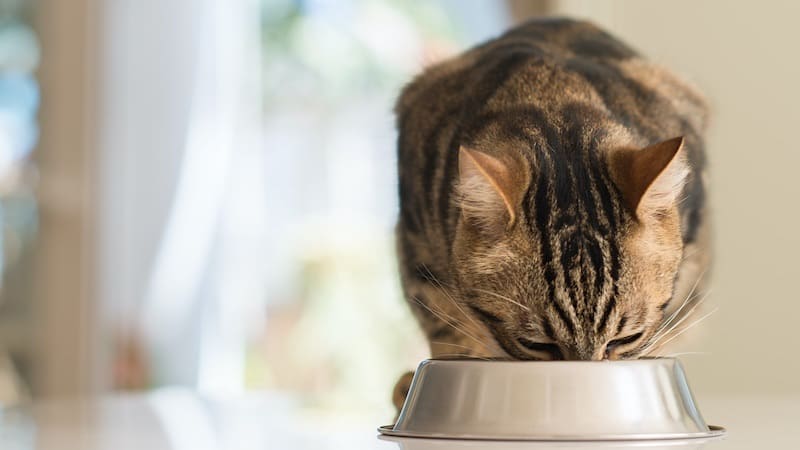
Understanding the calorie requirements of our feline friends can help pet owners choose the best type of cat food. In this section, we’ll focus on the distinct calorie needs of both indoor and outdoor cats, offering insight into their dietary differences.
Indoor Cats
Indoor cats generally have a more sedentary lifestyle compared to their outdoor counterparts. As a result, they tend to require fewer calories to maintain a healthy weight. Controlling their calorie intake is essential, as indoor cats are more prone to obesity and weight-related health issues.
Indoor cat food formulas will contain less fat and are less calorically dense, which helps prevent weight gain.
Moreover, indoor cats may benefit from cat foods that are designed to reduce fecal volume and odor. This is particularly helpful for pet owners who rely on litterboxes to maintain a clean and hygienic living environment.
Outdoor Cats
Outdoor cats lead a more active lifestyle, engaging in activities such as running, climbing, and hunting. These activities result in a higher calorie expenditure, which means they need more food to meet their energy requirements.
Outdoor cats typically need more protein in their diet to fuel their energy levels and support their active lifestyle.
In addition to higher protein levels, outdoor cat food is often not subjected to calorie reductions. Most outdoor cat foods are similar to regular cat food, with the main difference being their calorie count.
Despite the differences in calorie requirements, both indoor and outdoor cats still need a balanced diet that provides essential nutrients such as vitamins, minerals, and fatty acids. Mixing both wet and dry food can be a good idea, as wet food can help ensure cats get the water they need in their diet.
Section 5: Special Considerations
When choosing between the two types of cat food, it’s crucial to consider specific factors that can significantly impact your cat’s overall health. This section will discuss specific components such as hairball control and weight management to give you a better understanding of the differences between each cat food.
Hairball Control
Indoor cats are more prone to hairball issues, as they spend a considerable amount of time grooming themselves. Indoor cat food often contains specific ingredients or formulations designed to help minimize hairball formation and prevent digestive issues related to hairball buildup.
On the other hand, outdoor cats are less prone to hairballs, as they have more opportunities to disperse their hair while being in the open environment. While regular cat food might not contain specific hairball control ingredients, it’s essential to ensure that the food you choose for your outdoor cat has a proper balance of high-quality ingredients to maintain their overall health.
Weight Management
Indoor cat food usually has a lower calorie content to help them maintain a healthy weight. Achieving the ideal calorie content for your indoor cat while providing enough nutrients is crucial for their health and well-being.
Outdoor cat food will have bigger portions with higher calorie content to fuel their active lifestyle.
In summary, when selecting the appropriate cat food for your indoor or outdoor cat, it is essential to consider factors like hairball control and weight management to make the best choice for their specific needs.
Remember to always consult with your veterinarian and pay close attention to the ingredients and nutritional content of the cat food brand you choose.
Choosing the Right Indoor Cat Food
With so many cat food options on the market, it can be overwhelming for cat owners to select the best one for their feline friend. Here we’ll summarize the key factors that should guide your decision making when choosing between the different indoor cat foods on the market.
An active indoor cat: Does your indoor cat have the use of a large garden cat enclosure during the day while you’re at work? Do you have a large cat tower so your cat has climbing opportunities to keep him active?
Or perhaps you have a cat proof fence so your pet can have the full run of your garden?
Either of these scenarios means your indoor cat food should be higher in protein and calories. If your indoor cat spends all day in the garden then his dietary needs will be closer to an outdoor cat food.
On the other hand, if your pet is an indoor only cat and spends all his time in your home then he’ll need less calories to help prevent him gaining weight.
Next, be mindful of the nutritional needs of your cat: Whether your cat stays in the house full time or gets to spend some of the day outdoors, they will require a source of high-quality protein.
A high protein diet is beneficial for both active cats and indoor only cats. Look for cat food with a high percentage of animal or fish protein and ensure it also contains essential vitamins and minerals for overall health.
Hairball prevention should be another factor for indoor cats who groom themselves more frequently. Look for indoor cat food that contains more fiber, which can help reduce hairball formation by pushing hair through the digestive system before it can form into a ball.
Lastly, as you consider various cat food options, make sure to evaluate the quality of ingredients and choose a product that meets or exceeds industry standards. Not all outdoor cat foods are created equal, and it’s essential to select one made from high-quality ingredients.
The Top Rated Indoor Cat Food
-
 5.0$34.48More info
5.0$34.48More info16lb bag
This high-protein nutritional weight control indoor cat food has 10 percent less fat than Purina ONE tender selects blend. Made with Salmon it helps your indoor cat maintain a healthy weight
09/09/2024 09:45 pm GMT -
 5.0$33.70More info
5.0$33.70More info7lb bag
Chicken is the main ingredient in this protein-rich cat food to help support strong muscles and to provide healthy energy for play.
It's made with with l-carnitine to help your indoor cat either lose weight or maintain a healthy weight.
Also includes beet pulp which helps reduce hairballs.
09/09/2024 09:40 pm GMT -
 5.0$46.98More info
5.0$46.98More info11lb bag
Created specifically to keep your indoor cat fit and healthy, this high protein cat food is packed with the chicken cats crave to help build and maintain lean muscle mass.
09/09/2024 09:47 pm GMT
Remember, no single cat food will be perfect for all cats. It’s essential to monitor your feline’s weight and overall health to ensure that their dietary needs are being met, and always consult with your veterinarian if you have any concerns about their nutrition.
